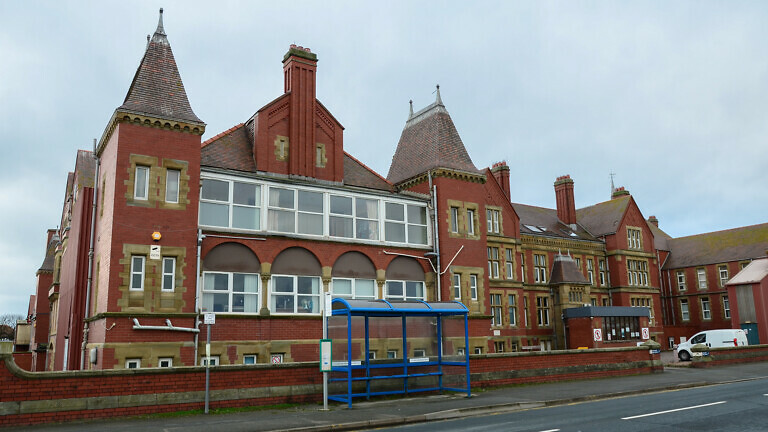Alarm over unqualified individuals performing invasive treatments in unsafe environments means that only qualified healthcare professionals will be able to perform high-risk procedures.
The government has said that it intends to introduce new measures to crack down on unsafe cosmetic procedures to protect the public.
The planned crackdown follows a series of incidents where people have had high-risk treatments from people with little or no medical training. This has led to dangerous complications.
The new measures follow growing alarm over unqualified individuals performing invasive treatments in unsafe environments – including homes, hotels and pop-up clinics. Many of these procedures are marketed as non-surgical but, in reality, are invasive and carry serious risks.
Only qualified healthcare professionals will be able to perform the highest-risk procedures – such as non-surgical Brazilian butt lifts. These must be done by specialised healthcare workers working in providers that are registered with the Care Quality Commission (CQC).
“The cosmetics industry has been plagued by a Wild West of dodgy practitioners and procedures. There are countless horror stories of cosmetic cowboys causing serious, catastrophic damage,” said minister of state for health Karin Smyth.
“This isn’t about stopping anyone from getting treatments – it’s about preventing rogue operators from exploiting people at the expense of their safety and keeping people safe,” she continued.
Stricter oversight
Other lower-risk cosmetic treatments – including Botox, lip fillers and facial dermal fillers – will also come under stricter oversight through a new local authority licensing system. Practitioners will be required to meet safety, training and insurance standards before they can legally operate. Once regulations are introduced, practitioners who break the rules on the highest-risk procedures will be subject to CQC enforcement and financial penalties.
The government also plans to bring in restrictions for under-18s on high-risk cosmetic procedures, unless authorised by a healthcare professional.
Priority will be given to introducing regulations to restrict the highest-risk procedures first – such as fillers injected into breasts and genitals. A public consultation will be published early next year. This will seek views on the range of procedures which should be covered in the new restrictions.
“Any measures that increase protection for the general public and professionalise the industry will help instil confidence as well as helping to prevent the normalisation of horror stories that have become synonymous with our sector,” said Millie Kendall, chief executive officer at the British Beauty Council.
Christian Carr at law firm Spencer West in Manchester agreed that there was surprise and confusion on the part of members of the public about the lack of regulatory monitoring and control of the people and places offering these services. “Unsafe assumptions have often been made about the training and qualifications of those offering the services,” he said.
“Regulated professionals and provider organisations can also be expected to regard them favourably, as filling these gaps will ultimately serve to protect and enhance their reputations for delivering skilful, ethical, safe care,” he continued.

Public consultation
The new regulations will be subject to public consultation and parliamentary scrutiny before they are introduced and follow a consultation on the licensing of non-surgical cosmetic procedures launched in September 2023, which received almost 12,000 responses.
The government has said that it will also work closely with stakeholders to develop further proposals for consultation on introducing the licensing regime for lower-risk procedures to seek views on education, training standards, qualifications, infection control and insurance.
“The introduction of standards to ensure that patients are safeguarded and protected from harm, ensuring that all cosmetic practitioners are regulated and licensed to a new national education and training standard, that they are appropriately insured and that they work from safe premises at all times has become imperative,” said David Sines, executive chair and registrar at the Joint Council for Cosmetic Practitioners (JCCP), confirming that the proposals had his full support.



